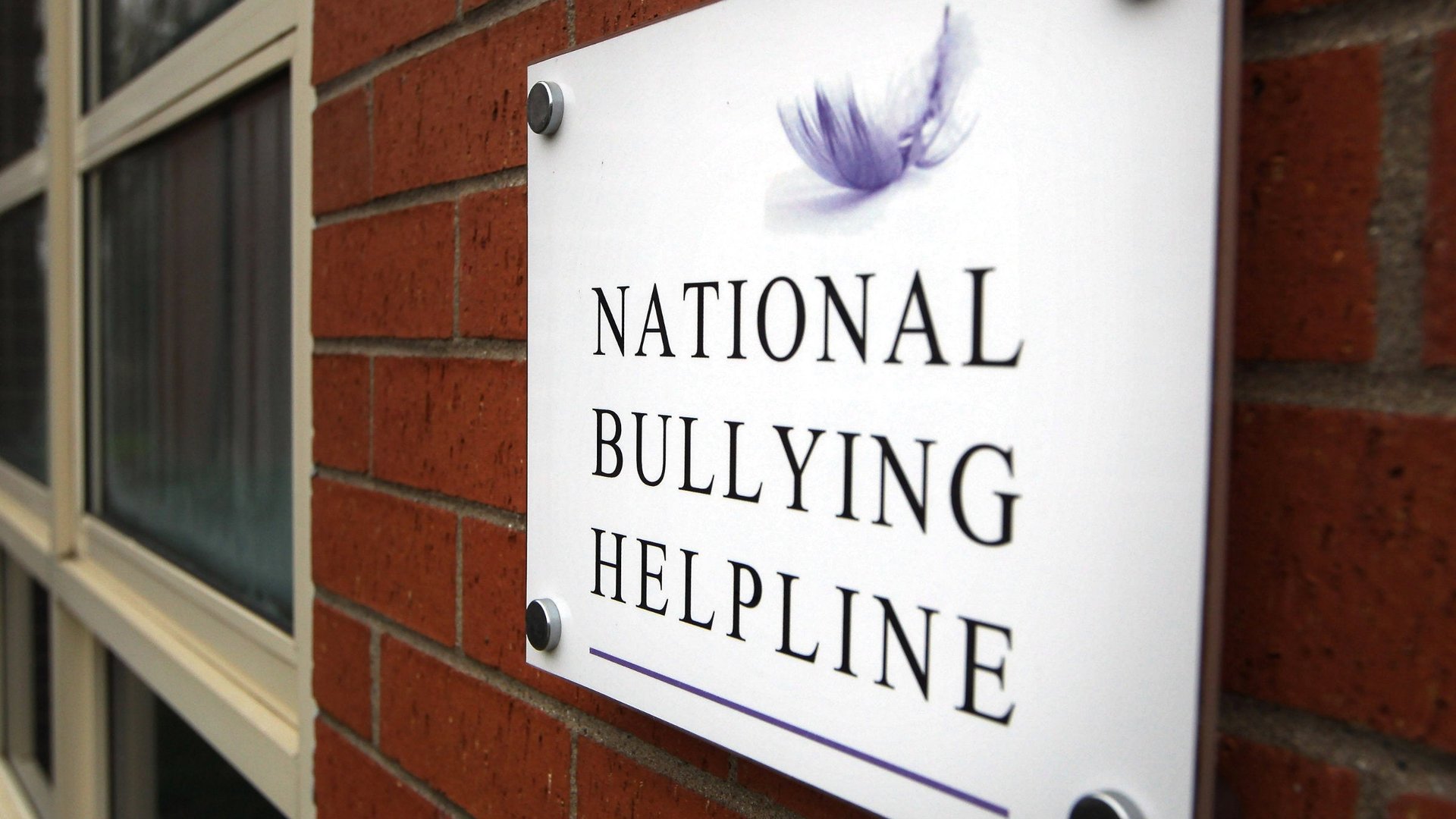Australia’s new anti-bullying rules are fine for a schoolyard, not the workplace
The Australia of my youth was not a place where adults were infantilized as constant victims, unable to stand up to even moderately rude and pushy bosses or insufferable colleagues.


The Australia of my youth was not a place where adults were infantilized as constant victims, unable to stand up to even moderately rude and pushy bosses or insufferable colleagues.
As Australia’s most famous feminist Germaine Greer has pointed out recently, her fellow countrymen and women were rightly, historically renowned for being “straight-talking folk” distinguished by their “directness.”
Equally, superiors and colleagues could speak frankly about what they thought of each other and their work, even if it wasn’t flattering—constructive criticism being after all pretty important in a working environment.
This is no longer the case.
Australia’s workplace is about to become as sanitized as its US version, where employers and workers alike are petrified of having harassment suits slapped on them and tend to cloak all communication in opaque management speak.
Following a long national inquiry, new regulations have been drawn up to crack down on the scourge of reputedly widespread bullying in the Australian workplace. Guilty employers could find themselves faced with A$33,000 (US$34,171) fines by the Fair Work Commission.
“One thing I do know, is that workplace bullying is a real issue,” Federal Workplace Minister Bill Shorten said, before offering a broad definition of what it meant to be a bully: ”Repeated unreasonable conduct which leaves people feeling disempowered and unhappy is absolutely not to be accepted.”
The official parliamentary recommendation was: “Bullying, harassment or victimisation means repeated, unreasonable behaviour directed towards a worker or a group of workers that creates a risk to health and safety.’’
So why all the sound and fury about bullying in Australia, which, after all, has traditionally focused on bullying as a phenomenon of the schoolyard, or the football field and club rather than an “adult” problem?
First, there’s the political context: a federal election has just been announced for later this year. The new legislation has been tacked on to important provisions allowing staff to ask for more flexible hours before and after childbirth, or caring for aging family members, sick children and babies. The aim is to highlight the Federal Labor Government’s caring attitude to workers, compared to the conservative opposition, led by Tony Abbott.
Yet the new laws actually have their origin in a highly publicized, case of a 19-year-old Melbourne café waitress’s harassment and abuse in 2006 that still resonates in Australian public life. After enduring attacks including being spat on and having fish sauce thrown at her, Brodie Panlock killed herself.
This particular case horrified the public, and politicians quickly instituted what became known as Brodie’s law in the state of Victoria, which was an upgrade of anti-stalking criminal provisions to cover the kind of bullying the girl was subject to.
Other complaints aired during the 2012 national parliamentary inquiry into bullying were far less severe: they involved hurt feelings and co-workers who had turned their backs on ostracized staff members who eventually went on “stress leave” as a result of the bullying.
Plenty of us feel “disempowered” or “unhappy” at work from time to time, but is it always the boss’s fault? The law in the UK and Australia says only that employers are responsible for the health, safety and welfare of employees—not their state of happiness.
The new laws appear reasonable and commendable, yet upon closer inspection, the ill-defined anti-bullying laws stray far from the noble egalitarian Australian tradition of championing the average worker’s right to be treated with respect, dignity and fairness. The new measures will hardly build workplace solidarity; could well encourage “vexatious litigants” or those who will try to cover up their workplace failures through attacks on colleagues as bullies; and are likely to stop the great majority of non-bullying employees and managers from speaking their minds at work, for fear of causing offense.
Employers are expecting a “tsunami” of bullying complaints to be unleashed when the new rules are implemented. Industry bodies, while recognizing that bullying is a serious issue, are unsurprisingly opposed to the new measures. They say bullying should be dealt with under existing occupational health and safety rules, instead of multiplying red tape and encouraging complainants to “forum shop” in the multiple jurisdictions offering recourse.
Internationally, an odd coalition of unions, pscyhologists, the self-help industry and malpractice lawyers are pushing for comprehensive anti-workplace bullying legislation.
France has been debating the harmful effects of extreme workplace pressure and harassment since dozens of staff suicides at formerly fully state-owned enterprise France Telecom, and its subsidiary Orange, forced the resignation in 2010 of CEO Didier Lombard. Now Lombard and other top managers face a judicial inquiry. For the first time, a company could be held responsible for a deliberate management policy of harcelement moral, workplace bullying.
In France, where strikes are frequent, it’s normal to believe “work kills,” and that most bosses are little improved from when Karl Marx wrote “Das Kapital.” But the adult bullying obsession is relatively new in Australia.
Let’s remember, Australians live in a nation with one of the lowest levels of unemployment, highest standards of living, and most competitive salary levels. These new government measures give the impression that Australian workers are as exploited and “stressed” as those working in undeniably dangerous and inhumane conditions in many developing countries.
Why criminalize most human interactions at work and muzzle the free-thinking, free-speaking Australian spirit of bluntness with another layer of unnecessary laws? The new anti workplace-bullying regime could paradoxically crush the spirit of cooperation and entangle those genuinely harassed at work in complicated and endless litigation.
That’s un-Australian and the rest of the world should not follow suit.